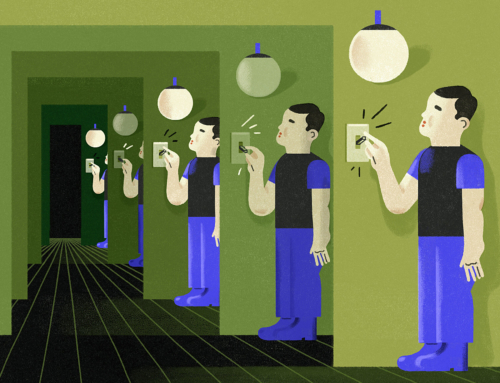
WHAT IS MINDFULNESS & HOW CAN IT HELP?
Mindfulness can refer to what Buddhist monks do as well as what your yoga instructor does for five minutes at the start and end of a class.
Psychologists measure mindfulness in differing combinations of acceptance, attentiveness, awareness, body focus, curiosity,
nonjudgmental attitude, focus on the present, and others.
Mindfulness mainly refers to the idea of staying focused on the present but it’s not quite that simple. It also refers to several forms of meditation
practices that aim to develop skills of awareness of the world around you and of your behavioural patterns and habits.
Mindfulness has been applied to just about any problem, such as relationship issues, alcohol or drugs, to improving parental skills.Sportsmen have used it to find “clarity” on and off the field while some schools have started implementing mindfulness programs. Mindfulness is a useful concept which may help prevent psychological problems and could be useful as an addition to existing treatments. It may also be helpful for general mental functioning and well-being.

One of the most useful apps for mindfulness practice using guided breathing exercises is the Headspace app. This app has a few basic packs which you can trial for free, but if you wish to access the more detailed packs in the app you would need to subscribe monthly. Every pack focuses on different aspects of life like food, managing anxiety, balance etc. and they each have 10 or 30 sessions which can be set for however minutes you want each session to be.The managing anxiety pack for example guides you through changing your relationship with anxiety over the 30 sessions within that pack.
In addition to the guided breathing exercises, another useful aspect of the Headspace app is that they have short, animated videos interspersed between the sessions which uses visualisation techniques to give you a better understanding of what is happening in your mind, with thoughts, feelings and the brain all portrayed as animated characters. It uses these videos to show you how to manage those thoughts and feelings within your mind when you’re feeling distressed.
If you do choose to fit mindfulness into your life, hopefully you will notice improvements in your concentration,
and in your ability to relax and cope with stressful moments.
The best way to decide if mindfulness is for you is to give it a try.
Remember:
- Don’t expect to be able to hold your focus for very long, especially when you’re just getting started.
- It’s completely normal for your thoughts to wander.
- The goal isn’t to have a totally ‘blank’ mind; it’s more about noticing and gently guiding your mind back when
your thoughts do begin to wander. - The more you practice mindfulness, the better you’ll become at it.
- If you’re struggling with a particular strategy, try a different one.
Every person is different, and you may find some strategies easier than others.






